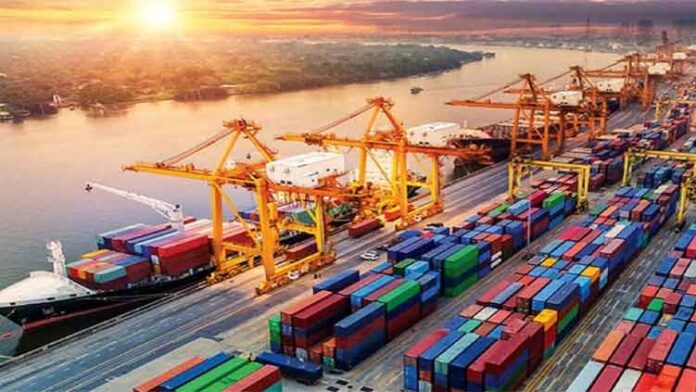Pakistan is exploring the option of importing more cotton and soybean from the United States in an effort to narrow its trade surplus and avoid punitive tariffs imposed under a policy push by former U.S. President Donald Trump, Bloomberg reported on Wednesday.
Trump’s tariff regime, which triggered a global trade row earlier this month, includes a sweeping 10% duty on general imports and additional levies on countries with significant trade surpluses. Pakistan currently faces a 29% tariff, though its implementation has been temporarily paused for 90 days.
While Islamabad has yet to announce a formal policy response, it has disclosed plans to dispatch a high-level delegation to Washington to strengthen trade ties and engage in tariff negotiations.
According to Bloomberg, Pakistan is aiming to reduce its bilateral trade surplus with the U.S. from approximately $4 billion to under $2 billion, potentially by ramping up imports of U.S. agricultural commodities. The country is already the second-largest buyer of U.S. cotton by value after China, while textiles and garments dominate its exports to the American market — its single-largest export destination.
“Deliberations are ongoing and any offer presented during formal negotiations with the U.S. could change,” sources familiar with the matter told Bloomberg. The report also noted that purchases of Texas crude oil were being considered, but no consensus had been reached due to high shipping costs.
A strategy paper on trade policy was submitted to Prime Minister Shehbaz Sharif on April 9, according to an earlier statement from the Prime Minister’s Office. However, no official comment was issued in response to Bloomberg’s report.
Speaking to Bloomberg last week, Commerce Minister Jam Kamal Khan said: “We will try to bring high tariff lines down through negotiations because the U.S. is a big market for Pakistan. We are optimistic.”
Separately, Reuters reported on Tuesday that Pakistan is also weighing crude oil imports from the U.S. for the first time, as part of broader efforts to rebalance trade and prevent tariff escalation.




